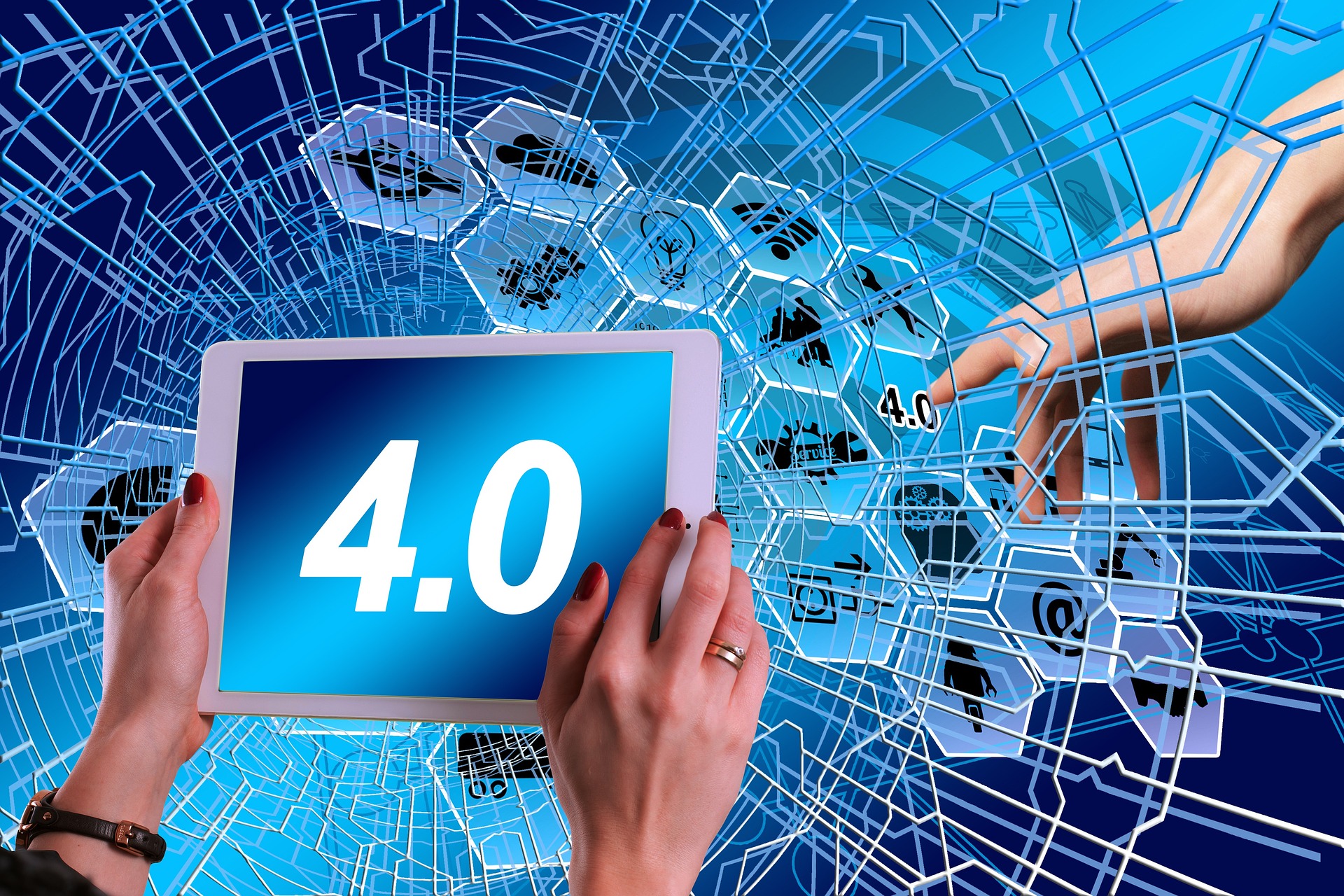Shifting Paradigms: The Emergence of Slow Living in a Fast-Paced World
In an era characterized by digital acceleration, information overload, and relentless ambition, a contrasting phenomenon is quietly taking root. The Slow Living Movement—a response to the frenetic pace of modern life—is not merely a trend but a transformative shift in societal values and behaviors. What started as a gastronomic philosophy in Italy has grown into a global movement advocating for a holistic approach to life that cherishes quality over quantity, fostering a deeper connection with oneself, others, and the world.

Read below to delve into the origins, development, and implications of the Slow Living Movement, and how it is reshaping contemporary society.
Tracing the Origins: The Birth of a Movement
The Slow Living Movement emerged as a reaction against the ‘fast’ lifestyle that has become synonymous with the modern age. The inception of this movement can be traced back to the Slow Food Movement in Italy during the 1980s, a pushback against the encroachment of fast food and the erosion of local culinary traditions. Over time, the philosophy of slow living began to permeate other aspects of life, such as travel, education, and even technology, leading to the birth of the broader Slow Living Movement.
The Current Scene: A New Rhythm of Life
In recent years, the Slow Living Movement has been gaining momentum across the globe, reflected in the growing pursuit of mindfulness, sustainable living, and conscious consumption. It is a response to the increasing stress, burnout, and disconnection experienced in a rapidly digitized, consumerist society. This shift is seen in the rise of practices like yoga and meditation, the popularity of slow travel, and an increased focus on artisanal, handcrafted products.
Implications and Significance: A Societal Metamorphosis
The rise of the Slow Living Movement holds significant implications for society. It represents a reevaluation of societal values and norms, challenging the relentless pursuit of speed and efficiency that characterizes the modern world. It fosters mindfulness, encourages sustainable practices, and promotes a deeper appreciation for the world around us.
Moreover, this movement is shaping societal structures and systems, influencing areas like consumer behavior, urban planning, and education. It has also catalyzed the development of new economic models that prioritize sustainability and ethical practices over profit-at-all-costs.
Making Sense of the Slow: Expert Insights
Research corroborates the benefits of slow living. Studies suggest that adopting a slower pace of life can reduce stress, enhance wellbeing, and improve relationships. It also fosters a greater sense of connection with our environment and communities, promoting more sustainable and ethical lifestyles.
However, experts warn against viewing slow living as a panacea for all societal ills. It is essential to balance the benefits of slow living with the demands and realities of contemporary life, avoiding the risk of romanticizing a slower pace of life that may be unattainable for many.
The Future of Slow
As we continue hurtling into the digital age, the Slow Living Movement provides a counterbalance, encouraging us to pause, reflect, and appreciate the world around us. While it presents its own set of challenges and complexities, the shift towards slow living reflects a broader societal desire for balance, connection, and sustainability.
The Slow Living Movement is not a regression to a pre-digital era but a forward-thinking response to the challenges of modern life. As we navigate the complexities of the 21st century, the principles of slow living offer a valuable perspective on how we can live more fulfilling, meaningful, and sustainable lives.




